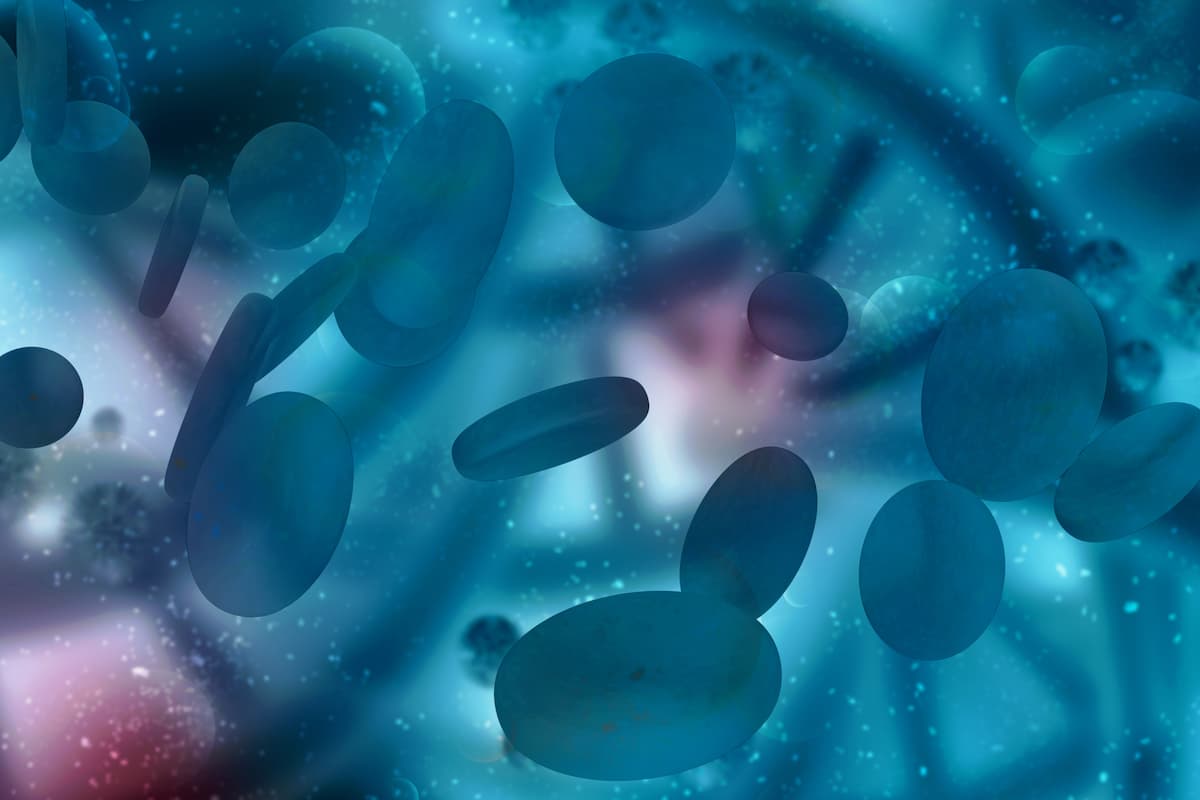
Joseph Mikhael, MD, Discusses the FDA’s Approval of Teclistimab-cqyv in Relapsed/Refractory Multiple Myeloma

Teclistimab and similar bispecifics can have a prolific impact on patients with heavily relapsed multiple myeloma in the short term and possibly in earlier relapses in the long term, according to Joseph Mikhael, MD.
In a recent conversation with CancerNetwork®, Jospeh Mikhael, MD, professor of Applied Cancer Research and Drug Discovery Division at the Translational Genomics Research Institute, an affiliate of City of Hope; chief medical officer of the International Myeloma Foundation; and American Society of Hematology expert, spoke about the potential impact of
The designation was supported by findings from the phase 1/2 MajesTec-1 trial (NCT03145181; NCT04557098) which highlighted an overall response rate of 61.8% among patients with relapsed/refractory multiple myeloma who were treated with teclistamab.2 Mikhael also went into detail about the potential of other bispecific antibodies and how they might fulfill unmet patient needs stemming from challenges with CAR T-cell therapy.
Transcript:
I really believe that the approval of teclistamab and other bispecifics in the field can have a rather prolific impact in heavily relapsed multiple myeloma in the short term and maybe even in an earlier relapse in the long term. I say that because there is clearly an unmet need in patients who have triple-class refractory myeloma who do now have some options such as Selinexor [Xpovio], belantamab mafodotin-blmf [Blenrep], and indeed CAR T [cells]. But we’ve learned that CAR T-cell therapy is very difficult to access for multiple reasons in the short term, [such as] supply chain issues and production issues. But even considering this in the long term—geographically and even by fitness of patients—there are going to be many patients who would not be eligible or able to receive a CAR T-cell therapy. Biospecifics could fit very nicely in that space. This is a therapy that can be given off-the-shelf; it doesn’t require stem cell collection and does not have to be done in an apheresis center or center of excellence, and could be given out in the community to control the disease.
We have seen very impressive response rates from bispecifics that pretty much double what we’ve seen in single agents from other individual molecules. Response rates are in that range of 60% to 70%. That being said, perhaps the greatest challenges right now is that because of the potential for cytokine release syndrome, these patients very often have to be admitted. With the teclistamab program in particular, patients are going to be admitted for the majority of 2 weeks for their initial therapy. That does require all of the challenges of hospitalization, but then in subsequent infusions later on, it could be given entirely in an outpatient [setting].
References
- FDA approved teclistamab-cqvy for relapsed or refractory multiple myeloma. News Release. FDA. October 25, 2022. Accessed October 26, 2022. https://bit.ly/3Fgsi4s
- Moreau P, Garfall AL, van de Donk NWCJ, et al. Teclistamab in relapsed or refractory multiple myeloma. N Engl J Med. 2022;387(6):495-505. doi:10.1056/NEJMoa2203478
Newsletter
Stay up to date on recent advances in the multidisciplinary approach to cancer.





































